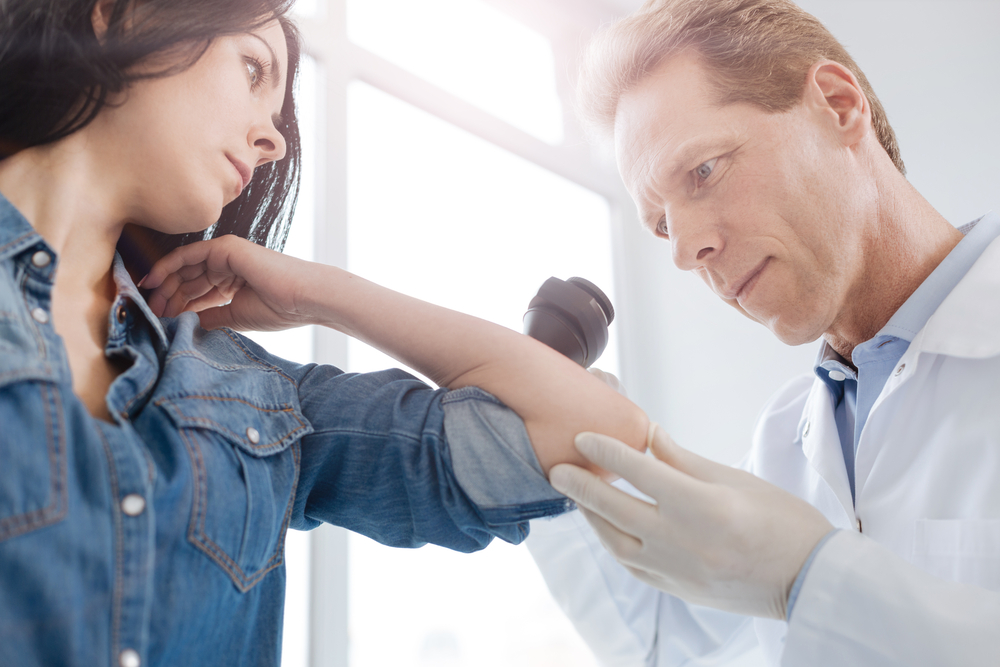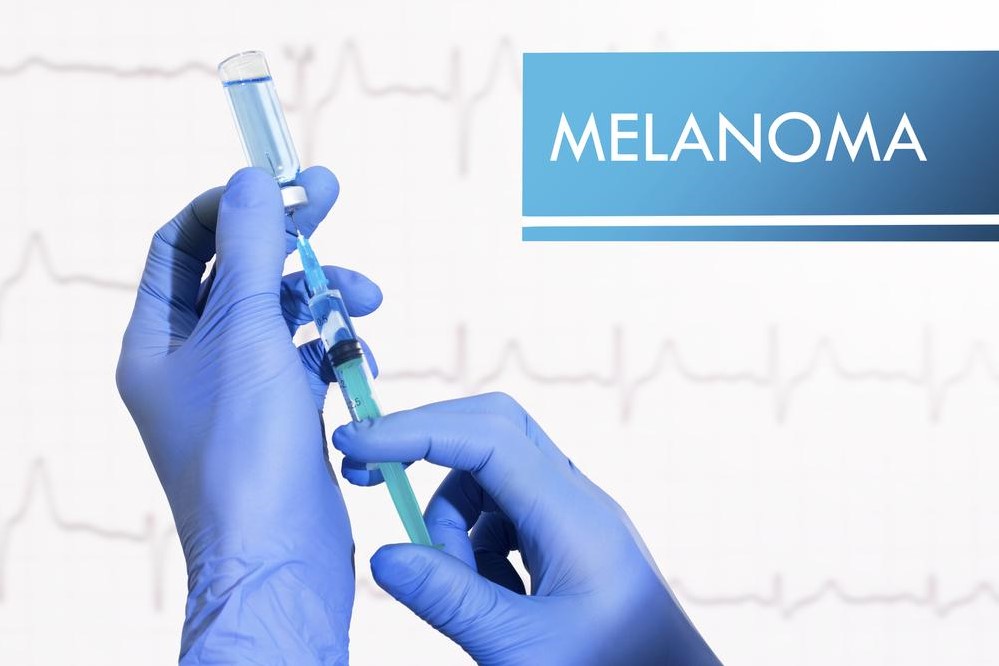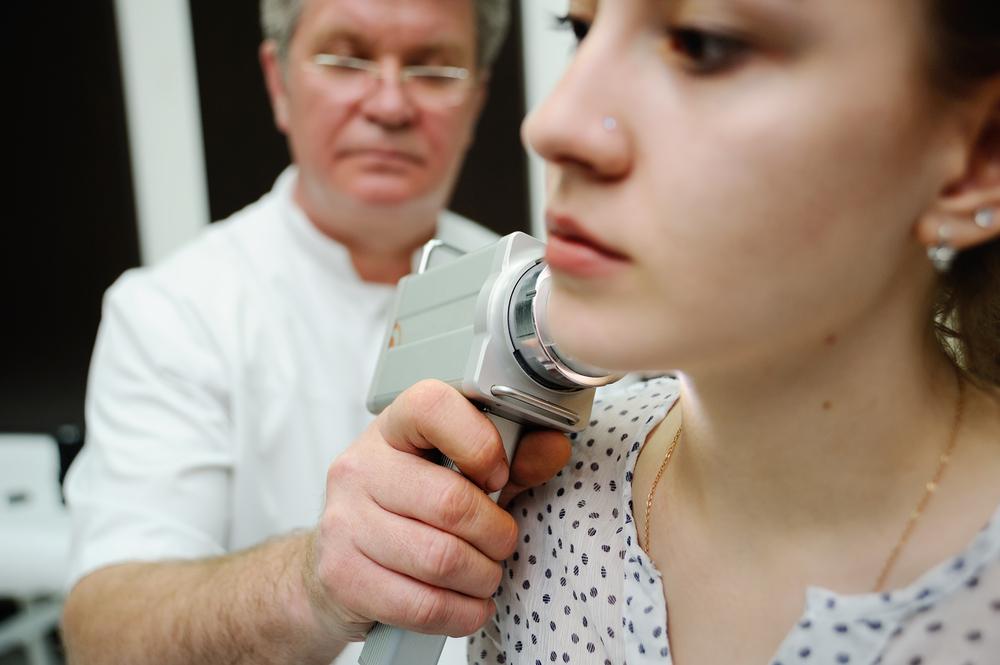5 tips to reduce your risk of melanoma
Melanoma, also known as malignant melanoma, is a form of cancer that develops from melanocytes. Melanocytes are the cells which contain the pigment that gives skin its color. As more and more people have started reporting melanoma symptoms, it is advisable to take proper care of your body and skin. Here are a few ways in which you can reduce your chances of developing melanoma symptoms.
- Make sure that you use protective clothing and sunscreen: Use SPF 30 sunscreen for your face and the exposed areas of your skin whenever you go out in the sun.

Ensure that you apply sunscreen on every exposed part of the body such as the neck, ears, and hands. You must reapply the sunscreen every 2 to 3 hours if you are outside for a long period. Try to take care of your lips by using a lip balm that contains an SPF of at least 15 or higher. Be smart about sun exposure: Regular exposure to the sun for a long time is one of the main causes of melanoma symptoms. Try, if possible, to reduce or prevent your exposure to the sun between 10 am to 4 pm. Also, it is recommended not to use tanning salons as the bulbs in the tanning boxes might worsen the effects of ultraviolet light on the skin. Use sunglasses: To reduce the risk of uveal melanoma, which is a rare form of cancer that develops in the lining of the eye, try wearing sunglasses whenever you go out in the sun. Skiing or the activities which involve continuous sun exposure should always be done wearing sunglasses that cover the area around the eyes. Understand your skin type: Different skin types have different levels of sensitiveness towards sun exposure. For example, usually, very fair-skinned people are more susceptible to skin damage. It does not mean that dark skinned people can not be diagnosed with melanoma. However, their susceptibility level would be different. Observe your skin regularly: Observe your skin frequently and if you find any changes that look suspicious, talk to a dermatologist. Most people ignore changes in the skin and therefore the disease progresses unchecked.
Disclaimer:
The content of the articles discussing symptoms, treatments, health conditions, and side effects is solely intended for informational purposes. It is imperative that readers do not interpret the information provided on the website as professional advice. Readers are requested to use their discretion and refrain from treating the suggestions or opinions provided by the writers and editors as medical advice. It is important to seek the help of licensed and expert healthcare professionals when necessary.




